The Science of Human Cognitive Styles in Autonomous Vehicles
Introduction
Human cognition is a complex and multifaceted field of study, with implications for a wide range of disciplines and applications. One such application is in the design and operation of autonomous vehicles. The science of human cognitive styles in autonomous vehicles is an emerging field that combines elements of psychology, neuroscience, computer science, and engineering to understand how different cognitive styles can affect the interaction between humans and autonomous vehicles.

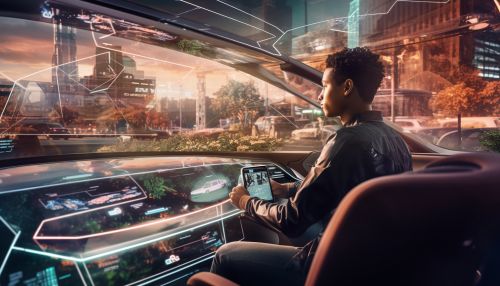
Cognitive Styles
A cognitive style is a psychological term referring to the way an individual processes information. Cognitive styles are not abilities or strategies, but rather preferred ways of perceiving, remembering, thinking, and problem-solving. Some of the most common cognitive styles include field dependence/independence, scanning style, and reflective/impulsive style.
Field Dependence/Independence
Field dependence/independence is a cognitive style that describes the extent to which an individual's perception of an object is influenced by the surrounding context. Field-dependent individuals tend to perceive objects as part of a larger context, while field-independent individuals tend to perceive objects separately from their context. This cognitive style can have significant implications for the design of autonomous vehicle interfaces, as field-dependent individuals may require more contextual information to understand the vehicle's actions.
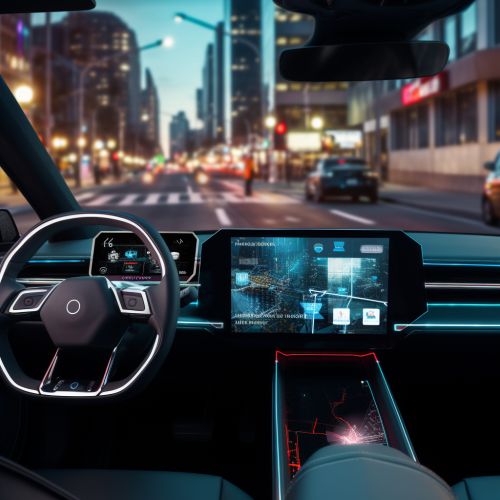
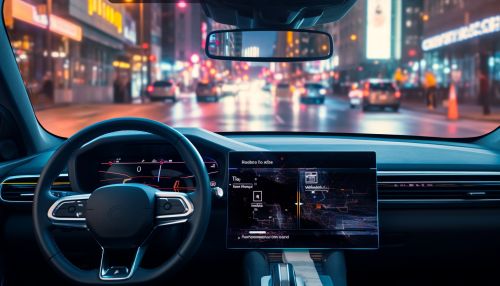
Scanning Style
Scanning style refers to the way in which an individual visually processes information. Some people, known as global scanners, prefer to take in the whole scene at once, while others, known as local scanners, prefer to focus on individual elements. This cognitive style can affect how drivers interact with autonomous vehicle interfaces, as global scanners may prefer interfaces that provide a holistic view of the vehicle's surroundings, while local scanners may prefer interfaces that highlight specific elements.
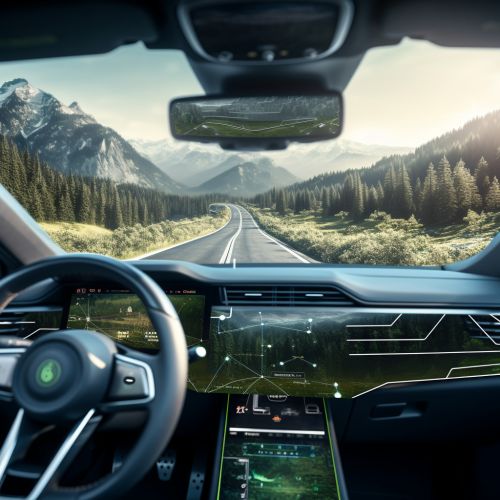

Reflective/Impulsive Style
Reflective/impulsive style refers to the speed at which an individual processes information. Reflective individuals tend to take their time to consider information thoroughly before making a decision, while impulsive individuals tend to make quick decisions without considering all the information. This cognitive style can impact how drivers respond to autonomous vehicle alerts, as reflective individuals may require more time to process the information, while impulsive individuals may respond more quickly.


Implications for Autonomous Vehicles
Understanding human cognitive styles is crucial for the design and operation of autonomous vehicles. Different cognitive styles can affect how drivers perceive and interact with autonomous vehicle interfaces, respond to vehicle alerts, and understand the vehicle's actions. By designing interfaces that cater to different cognitive styles, autonomous vehicle manufacturers can improve the user experience and safety of their vehicles.
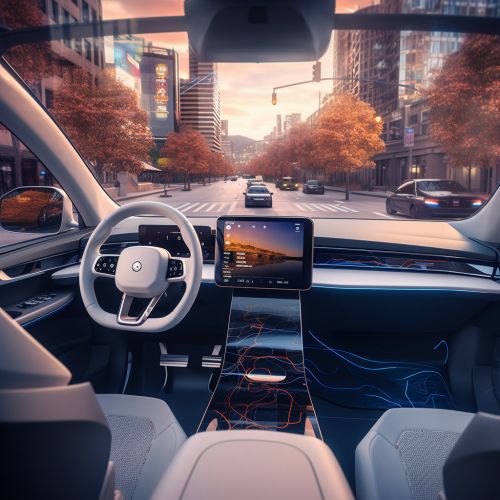
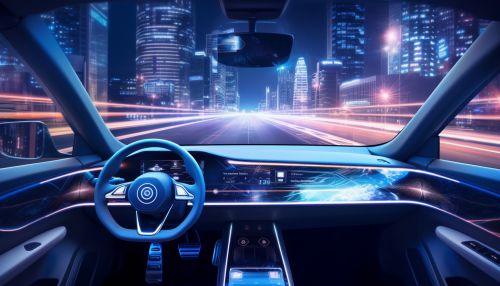
Future Research Directions
The science of human cognitive styles in autonomous vehicles is a rapidly evolving field, with many potential avenues for future research. These could include exploring the impact of other cognitive styles on autonomous vehicle interaction, developing adaptive interfaces that can adjust to different cognitive styles, and investigating the role of cognitive styles in autonomous vehicle trust and acceptance.


